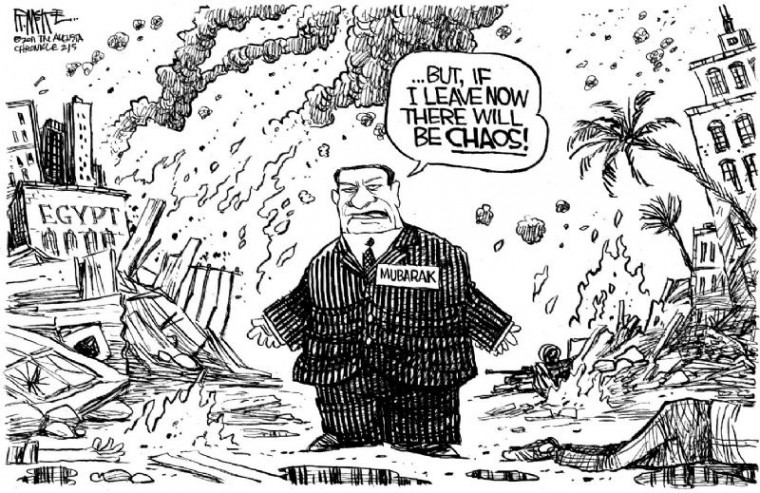One of the best NFL seasons in history is now over. We salute
NFL players for their extraordinary talent and we deeply appreciate
the tremendous support of the fans.
The hard work to secure the next NFL season must now accelerate
in earnest. We are just weeks from the expiration of our collective
bargaining agreement. There has been enough rhetoric, litigation
and other efforts beyond the negotiating table. It is time for
serious negotiations.
By Roger Goodell – Commissioner, National Football League
One of the best NFL seasons in history is now over. We salute NFL players for their extraordinary talent and we deeply appreciate the tremendous support of the fans.
The hard work to secure the next NFL season must now accelerate in earnest. We are just weeks from the expiration of our collective bargaining agreement. There has been enough rhetoric, litigation and other efforts beyond the negotiating table. It is time for serious negotiations.
The current agreement expires on March 4, and I cannot emphasize enough the importance of reaching agreement by then. If we as a league – the teams and players’ union – fail to fulfill our shared responsibility to the fans and game, everyone will be worse off – players, teams and fans – starting in March.
This is an opportunity to create a better future for the NFL, to improve the game for our fans, and to expand the economic benefits for the players and teams.
Staying with the status quo is not an option. The world has changed for everyone, including the NFL and our fans. We must get better in everything we do.
The union has repeatedly said that it hasn’t asked for anything more and literally wants to continue playing under the existing agreement. That clearly indicates the deal has moved too far in favor of one side. Even the union’s president knows this – as he said on national radio on January 27: “I think what really happened is in 2006 we got such a great deal. I mean, the players got a good deal and the owners felt they got it handed to them.”
We need an agreement that both sides can live with and obtain what they need, not simply what they want.
Today’s collective bargain agreement does not work as it should from the standpoint of the teams. If needed adjustments are made, the NFL will be better for everyone. The first step is making sure a new collective bargaining agreement is more balanced and supports innovation and growth.
The NFL clubs want to move forward, improve the system, and secure the future of the game for the benefit of players, fans and teams.
The status quo means no rookie wage scale and the continuation of outrageous sums paid to many unproven rookies. In 2009, for example, NFL clubs contracted $1.2 billion to 256 drafted rookies with $585 million guaranteed before they had stepped on an NFL field. Instead, we will shift significant parts of that money to proven veterans and retired players.
The status quo means 16 regular-season and four preseason games – even though fans have rejected and dismissed four preseason games at every opportunity. We need to deliver more value to our fans by giving them more of what they want at responsible prices. This can be achieved if we work together and focus on more ways to make the game safer and reduce unnecessary contact during the season and in the off-season.
The status quo means failing to recognize the many costs of financing, building, maintaining and operating stadiums. We need new stadiums in Los Angeles, Minneapolis, San Francisco, Oakland and San Diego; and the ability for more league investment in new technology to improve service to fans in stadiums and at home.
The status quo means players continuing to keep 60 percent of available revenue, in good years or bad, no matter how the national economy or the economics of the league have changed. From 2001 to 2009, player compensation doubled and the teams committed a total of $34 billion to player costs. The NFL is healthy in many respects, but we do not have a healthy business model that can sustain growth.
Companies with far more revenue than the NFL have gone bankrupt because they mismanaged their costs and failed to address their problems before they became a crisis. The NFL has a track record over many decades of making good decisions that have led to unprecedented popularity. Negotiating a fair agreement will result in billions in pay and benefits to current players, improved benefits for retired players, and a sustainable business model for our teams.
The current deal does not secure the best possible future for the game, players, clubs and fans. The next few weeks must be used to negotiate with intensity and purpose so we can reach a fair agreement by March 4. If both sides compromise and give a little, everyone will get a lot, especially the fans.










